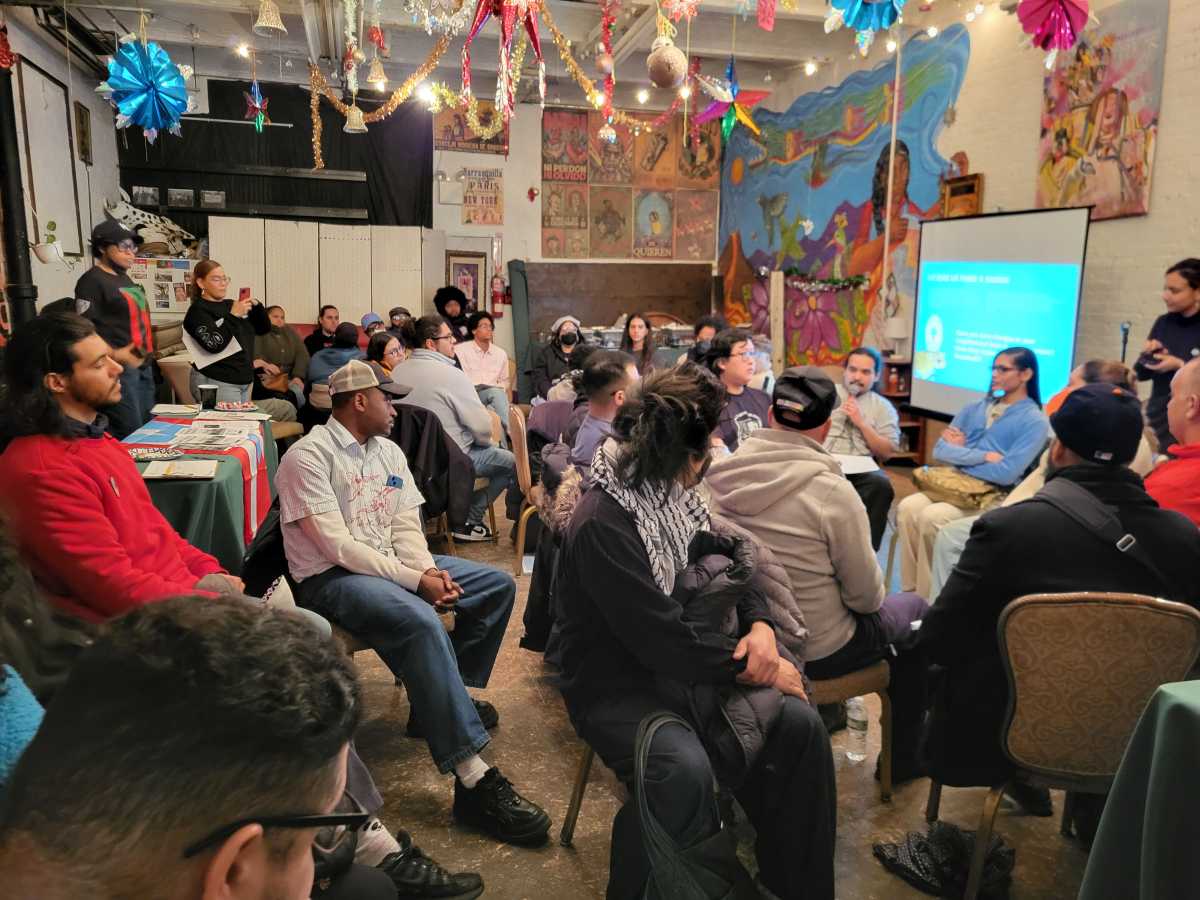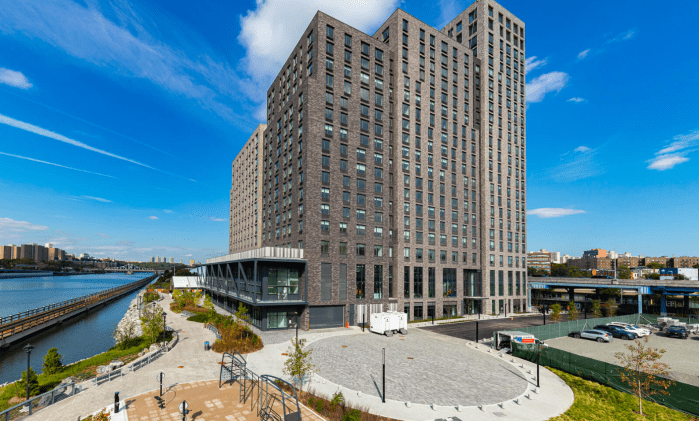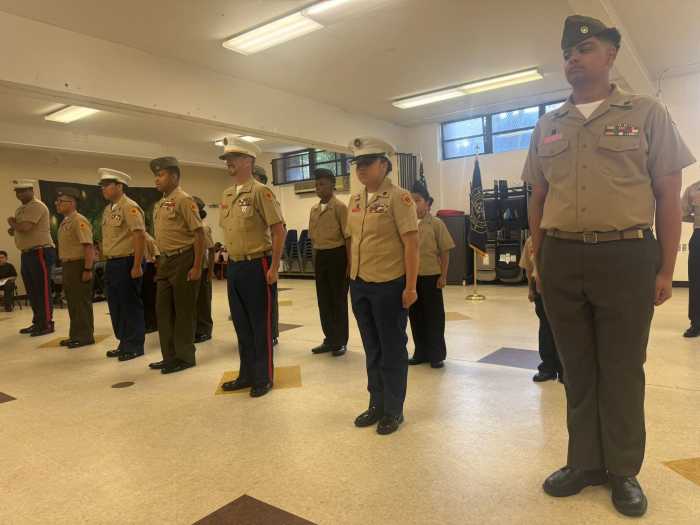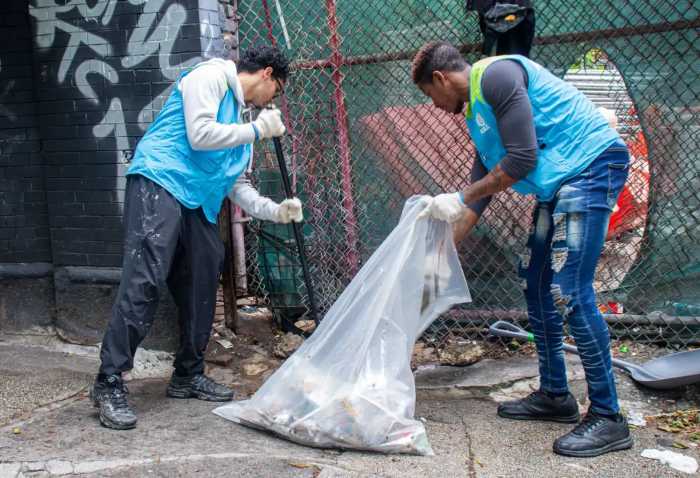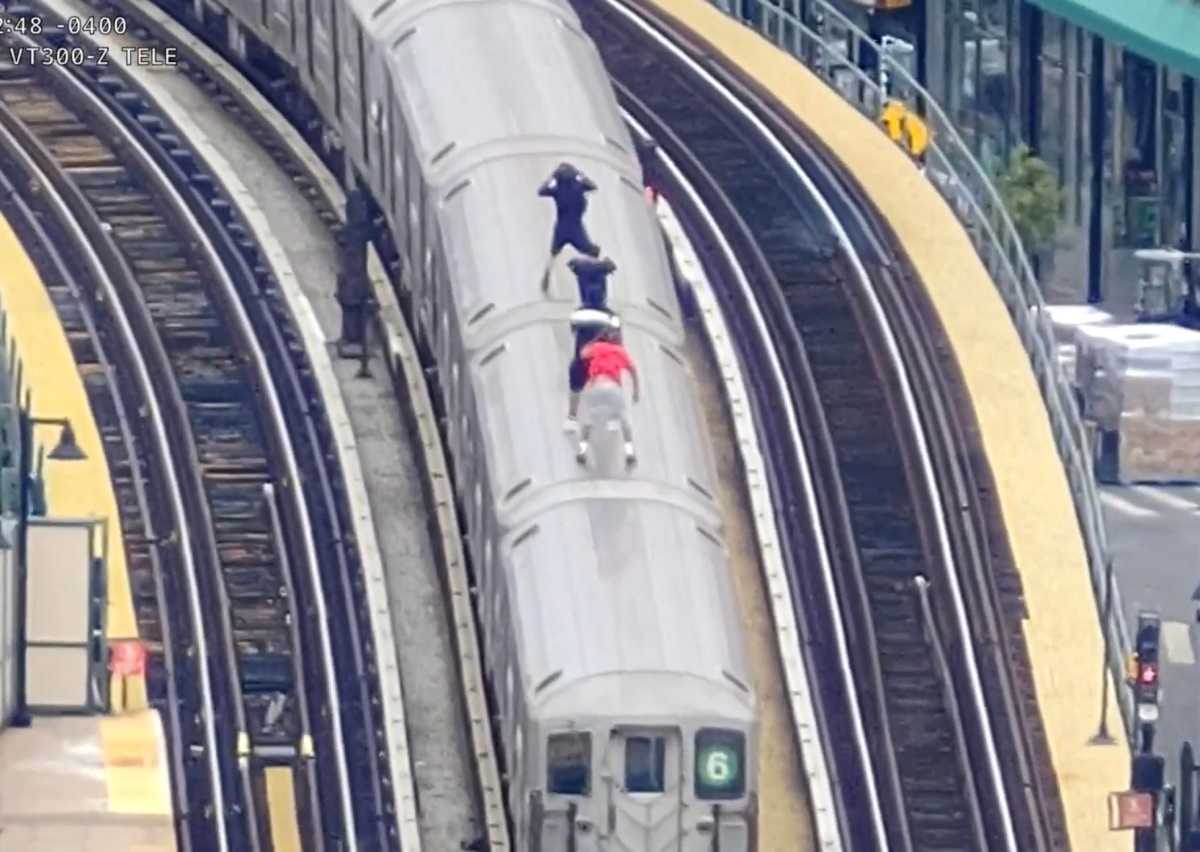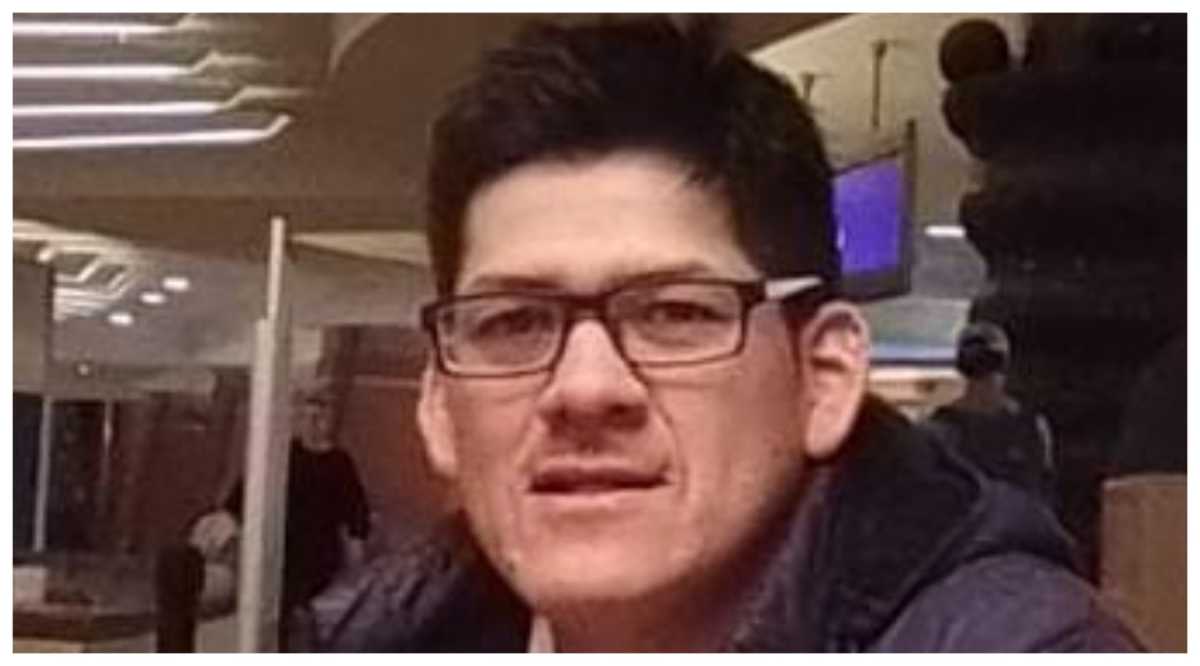A group of young advocates for Puerto Rican independence held a Feb. 16 town hall in the South Bronx to discuss political and social themes in the new Bad Bunny album, “DeBÍ TiRAR MáS FOToS” (“I Should Have Taken More Photos”).
The group, Juventud Unida por la Independencia Bronx (or JupiBx for short), hosted nearly 40 people for a powerful discussion of the Puerto Rican superstar’s sixth album, which presents a stark perspective on an area many only see from its beachy tourist resorts.
As participants gathered around plates of home-cooked food, facilitators Larimar Lora and Ari S. helped the group explore connections between their lives and the serious issues underlying the new work.
In “DeBÍ TiRAR MáS FOToS,” the 30-year-old artist (real name Benito Antonio Martínez Ocasio) tackles gentrification, displacement and overtourism in the midst of neighborhood change and development — themes that are all too relatable to many Bronxites, according to JupiBx leaders.
The album is viewed as something of a departure for Bad Bunny, who was more known for raunchy club hits than political and cultural statements.
He collaborated with Puerto Rican history scholar and professor Jorell Meléndez-Badillo, who created video notes for each track outlining different aspects of the politics and history of the archipelago.
In addition, the album’s accompanying short film depicts an old man living in Puerto Rico who is stunned to find that his favorite bakery suddenly offers vegan “cheeseless quesitos,” won’t take cash and has a host who only speaks English.
This sense of loss and becoming an outsider in one’s own country plays out in the lyrics, which the group examined.
In the track “Turista” (“Tourist”), Bad Bunny sings, “You only saw the best of me / You left without knowing the why / the why of my wounds.”
The group discussed the track “LO QUE LE PASÓ A HAWAii,” which NPR Music called “his most political song yet.” It draws parallels between the U.S. annexation of both Hawaii and Puerto Rico in 1898.
“Quieren quitarme el río y también la playa,” (“They want to take my river and my beach“) /
“Quieren el barrio mío y que abuelita se vaya” (“They want my neighborhood and for grandma to get out.”)
“I give the man credit,” said participant David Garcia of Bad Bunny and his new work. “He’s waking up the revolutionary spirit to us Puerto Ricans to fight.”
Change in the Bronx and PR
For JupiBx leaders and participants, the town hall was an opportunity to relate to the songs on a deeper level — as Lora put it, to explore “what happens after we shake our asses.”
JupiBx facilitators played songs and asked questions inspired by each: what kinds of change have you seen in your neighborhood? Have they impacted you? What does community look like?
Like the Bronx, the U.S. territory of Puerto Rico has seen much change, the group said. The government there created tax loopholes in 2012 for wealthy mainland Americans to avoid paying any federal taxes on Puerto Rico-sourced income, interest, dividend and capital gains income.
The same benefits were not available to native Puerto Ricans, and the IRS provided little oversight into compliance, according to U.S. lawmakers who argued in 2023 that the policy ended up raising the cost of living for ordinary residents.
Garcia said throughout his many years away from Puerto Rico, he has grown concerned about what he views as a takeover by greedy corporate interests.
He said he sees online videos depicting a move to privatize some public beaches, reduce cultural and historical education, and push for speaking only English, which he summarized as “knocking down our identity and culture.”
In the Bronx, where luxury apartments pop up in the country’s lowest-income neighborhoods and new development projects bring unknowable impacts, many can relate to the sense of loss and uncertainty that runs throughout Bad Bunny’s work.
One participant who lives in Parkchester said the planned new Metro-North station and surrounding housing may bring more traffic and wondered whether housing costs will be driven up as well. “I shudder to think what my next lease renewal will look like.”
Another participant said he witnessed gentrification in the 1990s and 2000s in some Puerto Rican towns, but not always by wealthy Americans. Sometimes it was wealthy Puerto Ricans themselves, he said. “I see the same mechanisms here [in New York].”
Similar issues are playing out around the world in countries such as Thailand, Indonesia and Costa Rica, Garcia said. “People are being priced out.”
If he went to Puerto Rico today, “I’d feel sad,” he said. “What happened to the old Puerto Rico I used to know?”
JupiBx meets regularly in hopes of preserving the country’s culture and forming bonds of solidarity throughout the diaspora. To keep up with the group’s offerings, follow them on Instagram @jupi.bx.
Reach Emily Swanson at eswanson@schnepsmedia.com or (646) 717-0015. For more coverage, follow us on Twitter, Facebook and Instagram @bronxtimes

